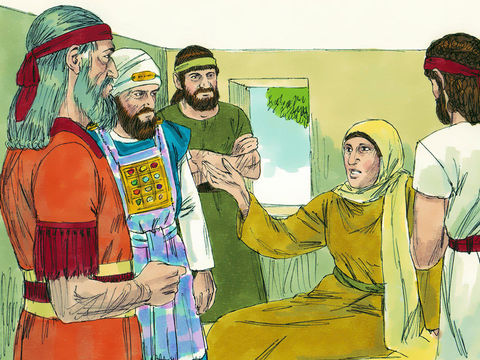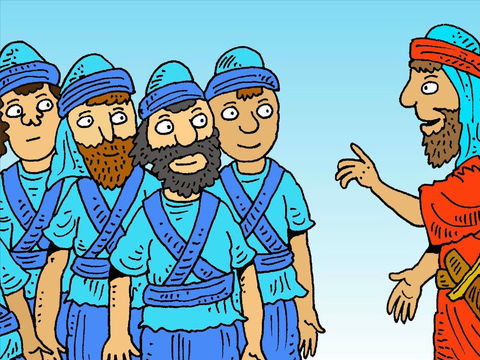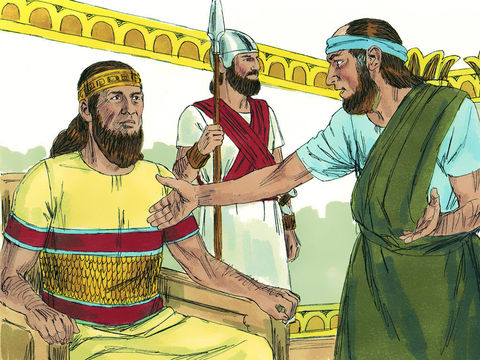Second Thoughts: Of Lizzie and Noah
Author: Thomas White | Editorial Department, Living Church of God
One of my oldest friends is outside of God’s Church and extremely “liberal.”
Let’s call her Lizzie instead of her real name, because though she’ll probably never read this, I don’t want to embarrass her if she does. Sometimes I’ve caught myself thinking, “Wow, Lizzie and I have been friends for years, and we’ve talked quite a bit about religion and spirituality, but I’ve never once gotten her interested in the Church at all. Am I doing something wrong? Am I representing the truth badly?”
Have you ever asked yourself questions like that?
One Hundred Years of Solitude

Mr. Rod McNair gave this week’s fascinating assembly, and he shared a multitude of statistics and numbers concerning the Living Church of God’s membership, worldwide impact, growth rate, and more. But the first number was zero, because that, as Mr. McNair said, is the number of people that were called into God’s truth during Noah’s one hundred years of preaching it while building the ark.
It definitely wasn’t that Noah was a bad example of God’s way—it just wasn’t the time for the people around him to be called. And I’ll bet that during those one hundred years, the foundation was laid for some very interesting conversations Noah will be having in the Great White Throne Judgment with those who refused to set foot aboard the ark.
In the individual ministries we each lead with our personal examples, we should continually question whether we are, in fact, being the best example we could be, but we can’t measure that by “number of booklets I’ve talked people into reading.”
The question is…
Do We Wear It Well?
If we’re putting on the whole armor of God, do we make it look awkward and restrictive? When we raise the sword of God as we tell our unconverted friends what His word says, do we make that sword look heavy, burdensome, and unwieldy? Or do we make it clear that it is honorable and a privilege to wield this sword, to wear this armor?
Several years ago, Lizzie and I had a debate over whether homosexuality should be considered a sin. Did I successfully convince her to adopt God’s point of view? Not even close, and she didn’t convince me of anything, either. But at the end of the conversation, I remember her saying, “I can’t believe how civil and friendly this discussion was. Thank you for presenting your points with kindness and respect.” I sincerely thanked her for doing the same, and we’re friends to this day.
Now, as you’re well aware, not everyone out in the world handles disagreement as gracefully as Lizzie. But that’s not our problem. We’re responsible for whether or not we handle it gracefully. We can’t compromise on the truth, but if we’re making the truth look like something only unfriendly, disagreeable people believe in, aren’t we doing it a disservice?

If our Lizzies, whoever they are, can’t stand to talk about moral principles with us at all, it might be time to change our approach. But if we can talk about such subjects with them, even if they never read a single article in Tomorrow’s World magazine, we don’t need to get discouraged—Noah wouldn’t have gotten Lizzie to step on the ark.
Someday, in the Millennium or Great White Throne Judgment, I’m really looking forward to having a more groundbreaking conversation with Lizzie. And I’m grateful to God that in this life, He’s laid a foundation for it.

Thomas White was one of the onsite Living Education students for the 2018-2019 semesters. He also has a Bachelor’s Degree in English. Thomas currently works as an Editorial Assistant for the Living Church of God. According to his wife, he eats pizza in entirely the wrong way.










